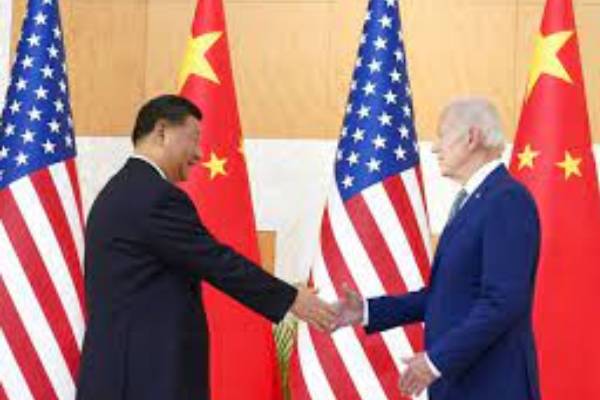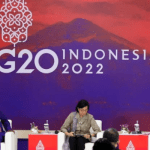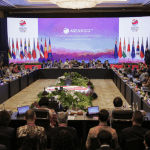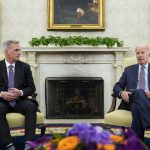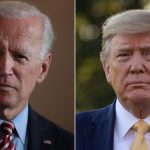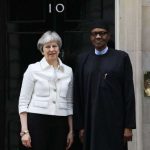Chinese leader Xi Jinping and US President Joe Biden have met for long-awaited talks that come as relations between their countries are at their lowest in decades, marred by disagreements over a host of issues from Taiwan to trade.
The two leaders, holding their first in-person talks since Biden became president, met on Monday on the Indonesian island of Bali ahead of a Group of 20 (G20) summit that is set to be fraught with tension over Russia’s invasion of Ukraine.
Biden and Xi shook hands in front of a row of Chinese and US flags as they met at the luxury hotel Mulia on Nusa Dua bay in Bali.
“The world has come to a crossroads,” Xi said vowing a “candid” discussion of issues that have riven relations between the world’s two leading powers.
“The world expects that China and the United States will properly handle the relationship,” he said.
For his part, Biden greeted Xi with a smile that belied the growing competition between the nation that has defined the last century and a rival that seeks to define the next one.
Biden said he wanted the US and China to “manage our differences, prevent competition from becoming conflict.”
On the eve of his meeting with Xi, Biden told Asian leaders in Cambodia that lines of communication with China would remain open to prevent conflict but that the talks were expected to be tough.
Biden told reporters that he had “always had straightforward discussions” with Xi, and that has prevented either of them from “miscalculations” of their intentions.
“I know him well, he knows me,” Biden said. “We’ve just got to figure out where the red lines are and what are the most important things to each of us, going into the next two years.”
Biden arrived in Bali on Sunday night, as his Democratic Party retained their control of the Senate after performing better than expected in the midterm elections.
Xi, who secured an unprecedented third term at last month’s Communist Party Congress, is China’s most powerful leader since Mao Zedong.
The planned talks have received little coverage in Chinese state media, which have reported that Xi will also be holding bilateral meetings with Argentinian President Alberto Fernandez, French President Emmanuel Macron and Senegalese President Macky Sall.
Relations between the US and China have deteriorated sharply in recent years over issues ranging from Hong Kong and Taiwan to the South China Sea, coercive trade practices and US restrictions on Chinese technology.
Tensions rose further after US Speaker of the House Nancy Pelosi travelled to Taiwan in August. Beijing claims the self-ruled island as its own and was infuriated by the trip, carrying out days of air and naval drills around the island after Pelosi’s departure.
Biden and Xi, who have held five phone or video calls since Biden became president in January 2021, last met in person during the Obama administration when Biden was vice president.
Zhao Lijian, a Chinese foreign ministry spokesperson, called on the Biden administration to “stop politicising” trade and embrace Beijing’s claim to sovereignty over Taiwan.
Beijing also wants Washington to lift tariffs imposed by former President Donald Trump in 2019 and to ease restrictions on Chinese access to chips and other US technology. Biden has left most of those in place and added curbs on access to technology that US officials say can be used in weapons development.
“The United States needs to stop politicising, weaponising and ideologising trade issues,” Zhao said at a briefing.
Biden is also likely to urge Beijing to take a more assertive approach to Russia’s war in Ukraine. The Chinese leader has largely refrained from public criticism of Russian President Vladimir Putin’s actions, with Beijing abstaining in key United Nations votes.
“We believe that, of course, every country in the world should do more to prevail upon Russia, especially those who have relationships with Russia, to end this war and leave Ukraine,” said US National Security Advisor Jake Sullivan.
Officials say Biden will also urge China to rein in its ally North Korea after this year’s unprecedented number of missile tests and expectations Pyongyang might soon carry out its seventh nuclear test.

